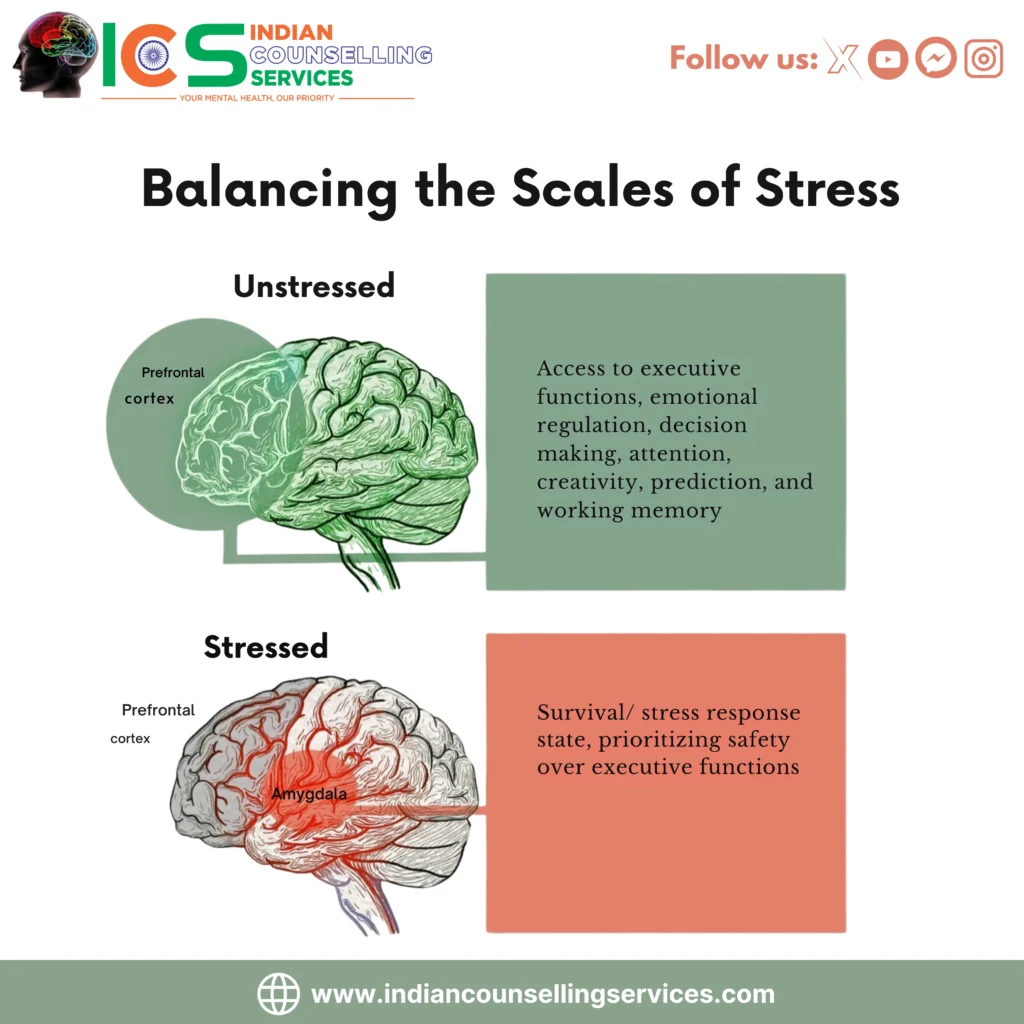
Balancing the Scales of Stress: Finding Harmony Amid Chaos
Stress has become a universal experience in today’s fast-moving world. From meeting work deadlines to managing personal responsibilities, life often feels like an endless juggling act. But while stress is unavoidable, it doesn’t have to be debilitating. With the right strategies, we can transform stress into an opportunity to cultivate balance and resilience, even in challenging times.
Stress is the body’s way of responding to external demands. When faced with a challenging situation, our bodies release stress hormones like cortisol and adrenaline, preparing us to act. This reaction is beneficial in small doses, enabling us to stay alert and focused. However, prolonged or chronic stress can negatively impact physical and mental health, leading to fatigue, sleep issues, anxiety, and even chronic diseases.
The key to managing stress lies in understanding its nature and identifying ways to respond constructively. Instead of seeing stress as a purely negative force, consider it a signal prompting you to reassess, adjust, and grow.

Life is inherently unpredictable. Embracing this uncertainty can empower us to find balance, even when circumstances feel overwhelming. By shifting our mindset and adopting actionable techniques, we can reduce stress and improve our overall well-being.
1. Clarify Priorities
A cluttered schedule often amplifies stress. Simplifying your daily tasks and commitments can help restore order.
Organize your day: Break large tasks into smaller steps and tackle them systematically.
Learn to say no: Decline non-essential requests to focus on what truly matters.
2. Practice Mindfulness
Mindfulness involves paying full attention to the present moment, allowing you to step back from worries about the future or regrets about the past.
Breathe deeply: Take a few minutes to focus on your breath whenever you feel overwhelmed.
Engage your senses: Be fully present in simple activities like eating or walking.
3. Build a Supportive Network
Connecting with others can alleviate stress by offering new perspectives and emotional support.
Reach out: Share your feelings with trusted friends or family members.
Join communities: Participate in groups that share your interests or goals to build a sense of belonging.
4. Focus on Healthy Habits
The mind and body are deeply connected, so taking care of one benefits the other.
Exercise regularly: Physical activity is a proven stress reliever.
Eat nutrient-rich foods: Prioritize a balanced diet to maintain steady energy levels.
Prioritize rest: Establish a bedtime routine to improve sleep quality.
5. Control Digital Overload
Constant notifications and screen time can heighten stress levels.
Set boundaries: Limit your use of technology during meals or before bed.
Declutter your feeds: Unfollow accounts that don’t bring value or positivity to your life.
6. Cultivate Gratitude
Focusing on what you’re thankful for can shift your perspective and reduce feelings of stress.
Start a gratitude journal: Write down three things you’re grateful for each day.
Express appreciation: Share your gratitude with others, which can strengthen your relationships.
Resilience is the ability to recover and adapt after setbacks. While stress can’t be avoided, a resilient mindset ensures it doesn’t overwhelm us.
- Embrace change: Accept that uncertainty is a natural part of life. Flexibility makes adapting to new circumstances easier.
- Focus on solutions: Direct your energy toward finding practical ways to address challenges.
- Be kind to yourself: Treat yourself with compassion, especially during difficult moments.
Self-awareness is essential for effective stress management. Recognizing how you react to stress allows you to address it before it spirals out of control.
- Identify triggers: Pay attention to situations or patterns that heighten your stress levels.
- Monitor your reactions: Notice physical signs like tension, headaches, or irritability.
- Reflect and adjust: Evaluate which coping strategies work best for you.
Stress management isn’t just about personal practices—it’s also about shaping a supportive environment. Whether at home or work:
- Encourage open dialogue: Create safe spaces for people to express concerns and share solutions.
- Promote wellness initiatives: Organize group activities like fitness sessions or mindfulness workshops.
- Celebrate milestones: Recognize and appreciate efforts, no matter how small.
When individuals and communities collaborate to reduce stress, the benefits extend to everyone involved.
Stress is a natural part of life, but it doesn’t have to dominate your experience. By adopting healthy habits, building resilience, and creating a supportive environment, you can navigate challenges with confidence and clarity.
Harmony doesn’t mean eliminating all difficulties; it means finding calm within the storm. Remember, every step you take to manage stress brings you closer to a more balanced and fulfilling life. Take charge of your well-being today, and watch as the scales of stress tip in your favor.
